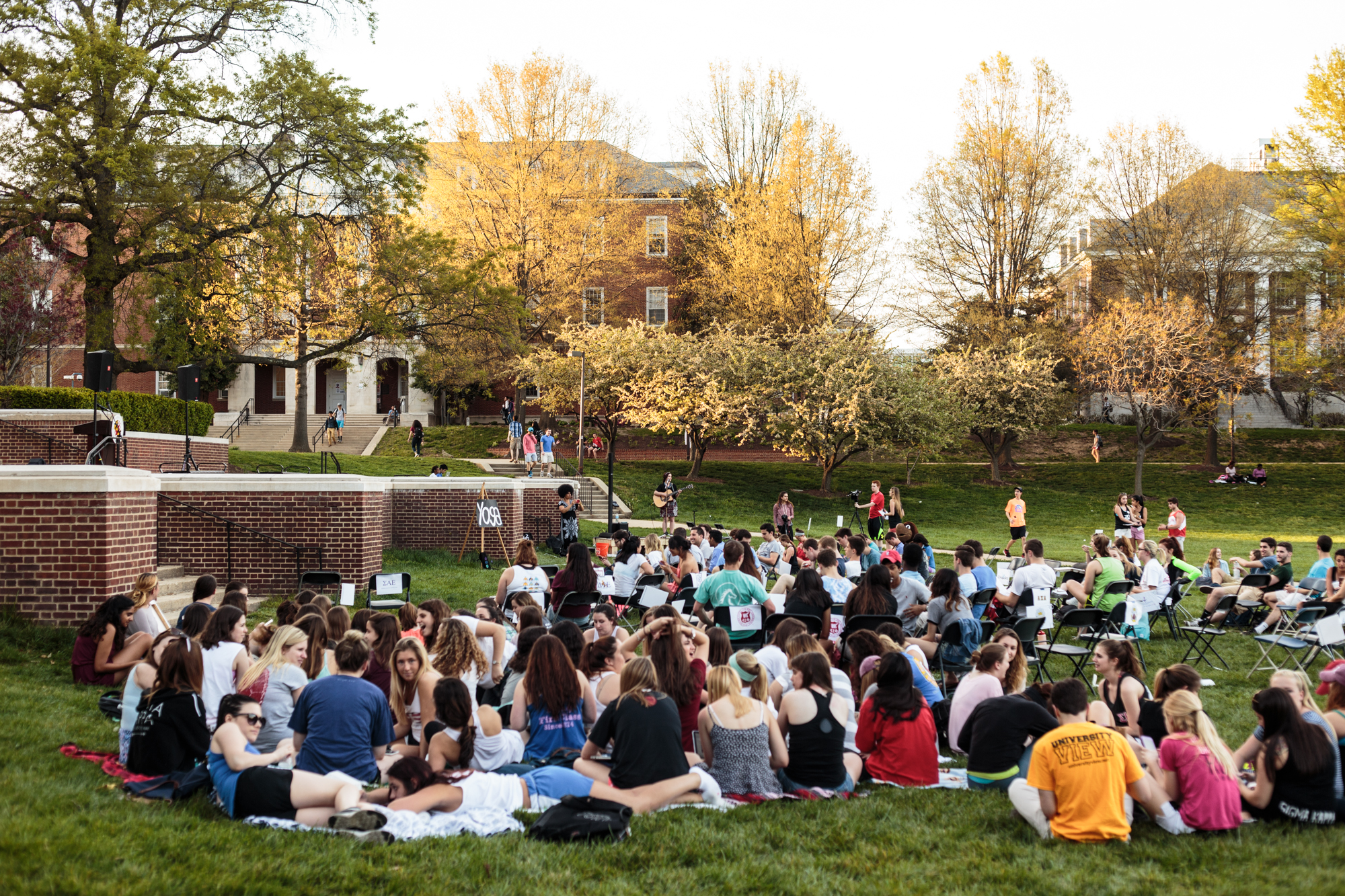In November 2015, controversy erupted at Princeton University over the Woodrow Wilson School of Public and International Affairs when members of Princeton’s Black Justice League announced a sit-in until the university publicly acknowledged “the racist legacy of Woodrow Wilson and how he impacted campus policy and culture.” After contentious debate, Princeton decided not to rename its public affairs school, but it proposed a series of recommendations to “expand diversity and inclusion” by engaging in open debate over Wilson’s legacy.
Princeton serves as an example for other colleges and universities when similar instances arise. Princeton launched a special committee to evaluate Wilson’s legacy at the university. In addition, Princeton facilitated an open discussion on Wilson, including the creation of a website to collect observations and opinions on his legacy. Officials consulted various scholars on Wilson and held several open forums that included students, faculty and alumni.
Through the process, Princeton acknowledged that Wilson clearly opposed the idea of admitting black students to Princeton, saying, “the whole temper and tradition of the place are such that no Negro has ever applied for admission.” As president, he presided over expanded and formalized segregation in the federal workplace that went well beyond what it had been when he entered office. One historian said Wilson “devastated not only careers but also the very foundation of full citizenship for African-Americans.” Instead of renaming the school, the committee recommended “transparency in recognizing Wilson’s failings and shortcomings.” In addition, the committee called for “initiatives to create a more multi-faceted understanding and representation of Wilson on campus and to focus attention on aspects of Princeton’s history that have been forgotten, overlooked, subordinated, or suppressed.”
History is about understanding the past. That’s a seemingly simple enough statement, but various groups of people can understand “the past” differently. Their understanding of the past can be shaped by their own personal experiences. For example, members of the Black Justice League clearly see Wilson as a racist who engaged in segregationist agendas. This perspective is perhaps shaped by their experience of race, for which they have faced prejudice and discrimination throughout their lives.
Thus, Wilson’s name on multiple buildings across Princeton’s campus seems to be venerating an individual who did not think Princeton should admit black students. While it is certainly understandable how Wilson’s name on buildings on Princeton’s campus is upsetting to black students, renaming them is not a step toward addressing the main issue in that minorities feel excluded on Princeton’s campus.
As colleges and universities confront issues such as the Wilson controversy, it is imperative that they initiate and engage open dialogues on issues related to race. An open dialogue on race must include students, faculty and staff from various racial, ethnic and religious groups.
An open and honest discussion on race, as Charles Blow once commented, is one in which “experiences must be explored,” “histories and systems must be laid bare” and “biases, fears, stereotypes and mistrust must be examined.” In addition, “personal — as well as societal and cultural — responsibility must be taken. And privileges and oppressions must be acknowledged.” This will certainly be difficult, but it is imperative in order for college campuses to understand and address the needs of minority students, as well as have an improved understanding of race relations in the United States.
Leslie McNamara is a public policy graduate student specializing in health policy. She can be reached at lamcnamar@gmail.com.



